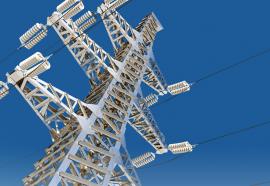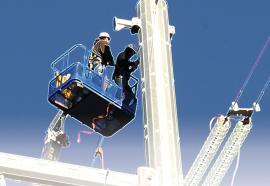Toward a Self-healing Smart Grid
Advanced distribution management technology promises to revolutionize operations.
Building blocks of the self-healing grid are taking shape. End-to-end integration will enable the grid to achieve 21st-century resilience.











